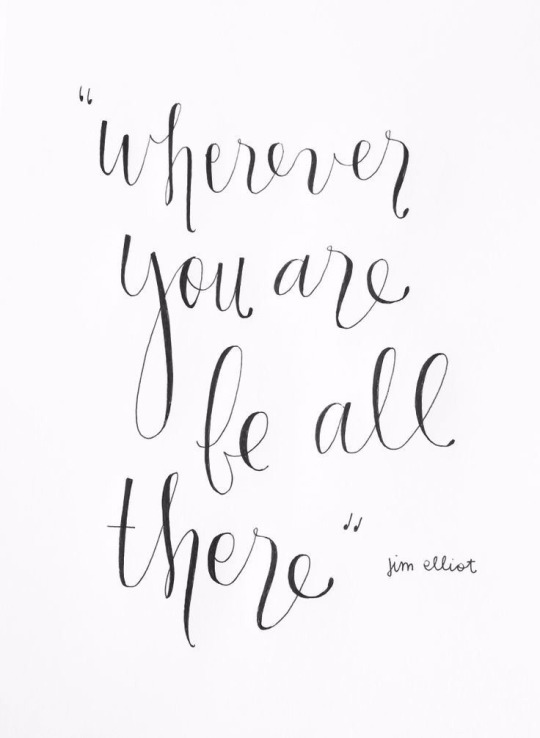Although mental health stories are not all the same, they all have several stages. Nothing happens overnight. So if you’re in the midst of dealing with mental health issues, don’t beat yourself up! Mental health recovery is a process. These personal accounts from mental health survivors represent some common stages of mental health recovery:
Admitting That There is a Problem
“I knew that I needed to get help when my anxiety and depression got so bad that it started affecting my everyday life and when I started questioning if my life was worth it or not. It was a few days before my first semester of freshman year of college when I took the step to get help [from a therapist]. I had just gone through a breakup and it pushed me over the edge. I felt like my life was falling apart and like there was nothing that I could do about it.” – Katie Haddad 
Feeling the Fear and Opening Up Anyway
“One day I decided to Google my thoughts and see what would come up. What I saw changed my perspective entirely. I saw my exact thoughts word for word. It was then that I realized that what I was going through was Obsessive Compulsive Disorder. I never thought that I would suffer from a mental illness. It was difficult to grasp at first, but what I saw made me realize that this was okay and I wasn’t alone. Around this time I opened up to my family. I was scared because I knew they wouldn’t completely understand. At first they did not understand and it made me feel as if I were on my own. However, eventually after a lot of explaining, they understood more and I felt more supported.” – Shaymus Dunn
Getting More Comfortable with Help
“After I had my first successful therapeutic relationship, it became much easier to ask for help. I learned that there are people who are qualified to help with mental health challenges. Going into the psychiatric ward was certainly scary because it involved acknowledging the magnitude of my mental illnesses, but it was also very comforting because I knew that there were people who could help me. Getting help is a process.” – Andrea Wucherpfennig
Finding Regular Support
“I had never sat down and talked to someone other than my mom and my therapist about my anxiety, and even then I didn’t go into much depth. Because I felt as though no one understood how I was feeling, I didn’t want to burden people with an issue that I thought I could solve myself. I was forced to see someone I had never met before, which was sending me further into the spiral of anxiety. The nurse that I saw that day has become one of my biggest supporters and she has explained to my mom what anxiety and depression have to do with my physical health. I wish I had known before that day that it was okay to ask for help from medical professionals because they validate your feelings with medical evidence. If I could have seen a doctor for my anxiety and depression five years earlier than I did, I think that I would be further into my journey of healing.” – McKenna Belury
Figuring Out What Works for You Medically and Spiritually
“For me, medication did not work at all. It made me feel more sick and scared. Physical activities such as exercise, yoga, meditation and kickboxing worked for me. Essential oils, healing crystals and therapeutic massage worked very well. Finding hobbies such as writing and art gave me an outlet for all of my pent- up energy. I also enjoyed finding shows and books that I could escape into when I needed space from life.” – Anais Torres
Gradual Recovery
“In the end, I ended up going on Zoloft for my depression and anxiety symptoms. Luckily between counseling, support and medication I am happy as a clam three years later, but to say it was easy after I confessed what I was going through to my friends and family would be a lie. Many obstacles still stood in my way but they became manageable and less daunting.” – Sylvia Finkelstein
Reflection
“Mental health is difficult because it is so abstract, subjective and vague. You can’t point at something that others simply can’t see. Usually the only things that others can see about your struggles with mental health are its effects, and even then people can be blind to that, either unintentionally or intentionally. I think that is one of the biggest hurdles to jump over when asking for and giving help with mental health – understanding that it is not black and white and that everyone has their own story. Just because someone can’t feel or understand your story, that doesn’t mean it doesn’t exist. – Jana Badrani
By: Jackie Gay, Anxiety In Teens Editor